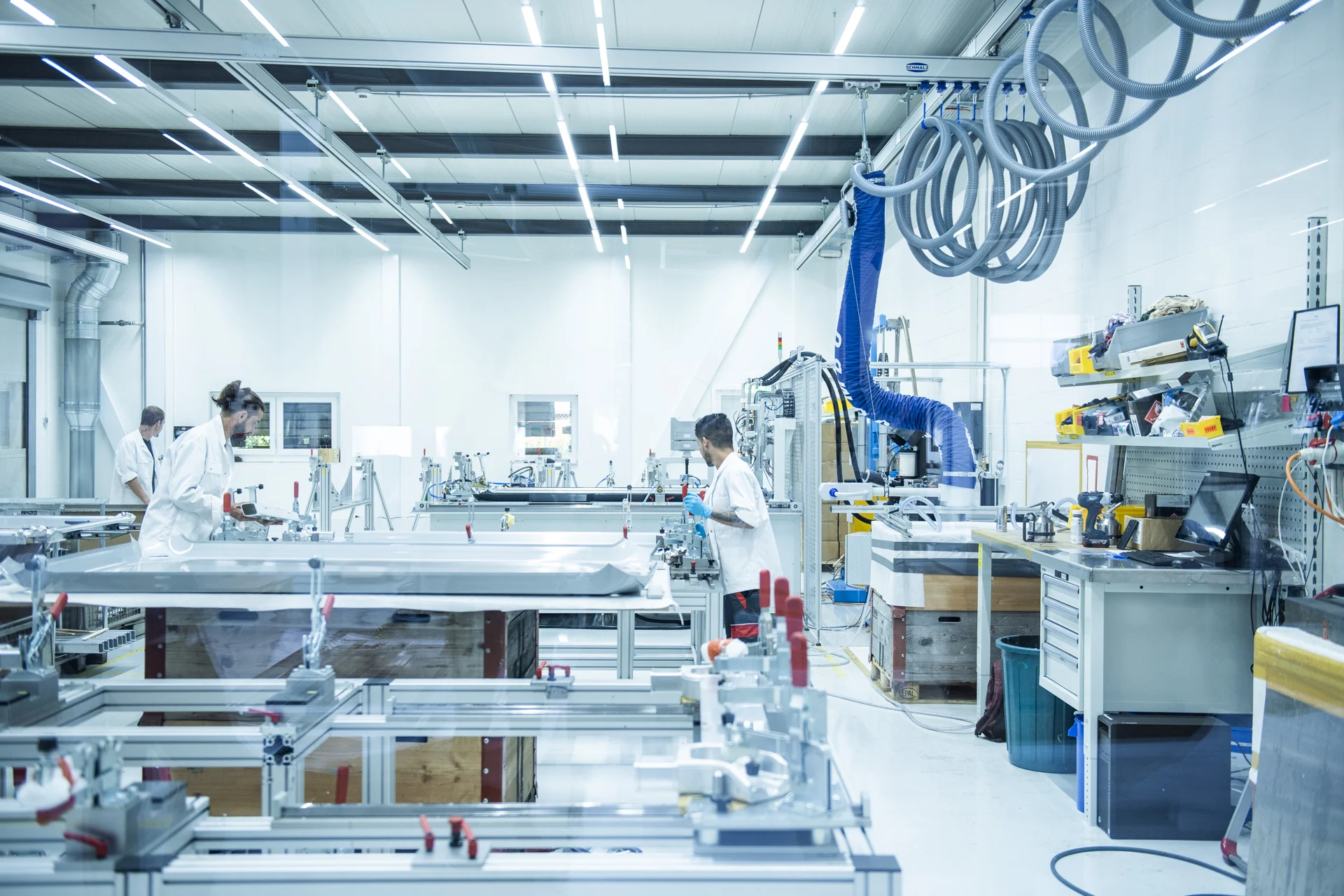Corrosion Testing 101

Corrosion analysis in Bossard's technical laboratory
Expert Test Services
Corrosion, caused by various environmental influences on metals, can damage your components and may put the safety of your products at risk. Find out which components should be tested for corrosion resistance and what types of tests are available.

Environmental influences such as rain, humidity, exhaust gases, or aerosols can affect the components in your products over time. Corrosion occurs when these environmental substances attack and damage the surface of the components or fasteners in your products.
This is why we recommend having corrosion tests performed in an accredited testing laboratory to ensure your products’ quality. During this process, you obtain reproducible test results that help you to find weak points in corrosion protection, giving you indications for measures against corrosion that has already occurred and, in the end, increasing your products’ safety.
Often, corrosion is commonly referred to as “patina” or “rust,” which is formed by iron oxidizing in the presence of oxygen. But, from a technical standpoint, corrosion is far more diverse than that. It is a metallic material’s (electro-)chemical reaction with its environment. The result is a measurable change in the material, which can lead to individual components or entire systems no longer working properly. Different types of corrosion can be distinguished depending on where it occurs.

Corrosion analysis in Bossard's technical laboratory
During a corrosion test, coatings of components or the corrosion protection of coated test specimens are tested with the aim of defining the corrosion resistance. Long-term testing performed over the entire service life is both costly and time-consuming. To obtain comparable results more quickly, standardized tests are carried out in the testing laboratory under corrosive conditions.
One of the best-known methods is the neutral salt spray (NSS) test in accordance with ISO 9227. During this test, we spray the test object in a test chamber with a salt solution (NaCl) for a specified period of time – sometimes more than 1,000 hours. To ensure that the test method provides reproducible and comparable results relating to your component’s corrosion resistance at all times, we set up all the tests in a uniform manner and strictly adhere to the general conditions in accordance with ISO 9227.
With years of expertise in fastening and materials technology, we can advise you on corrosion testing. On request and as needed, we can perform NSS testing in accordance with ISO 9227 for you in our testing laboratories.
As experts in fastening and materials technology, we conduct a wide range of tests in our technical laboratories to support your quality assurance.
